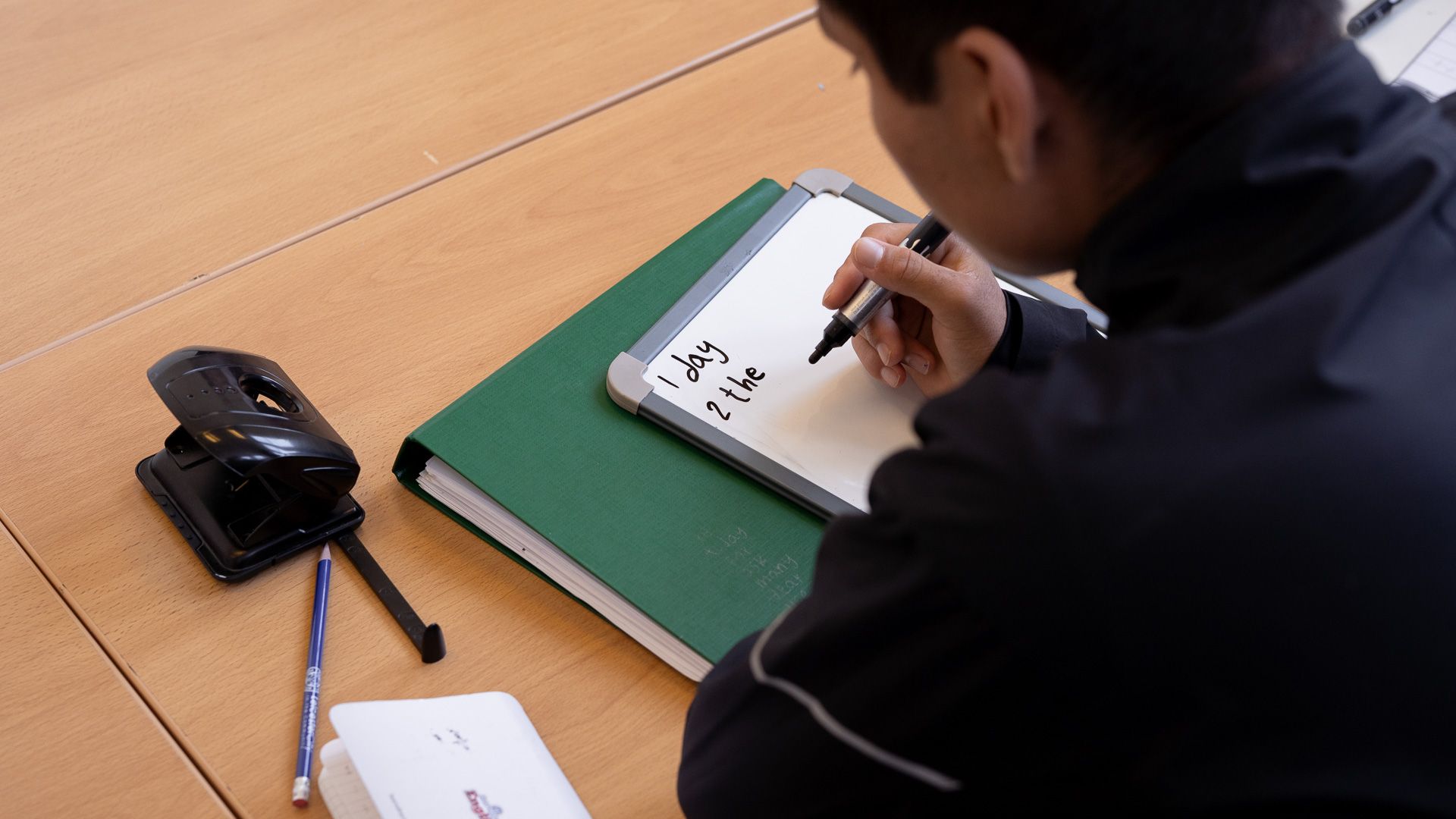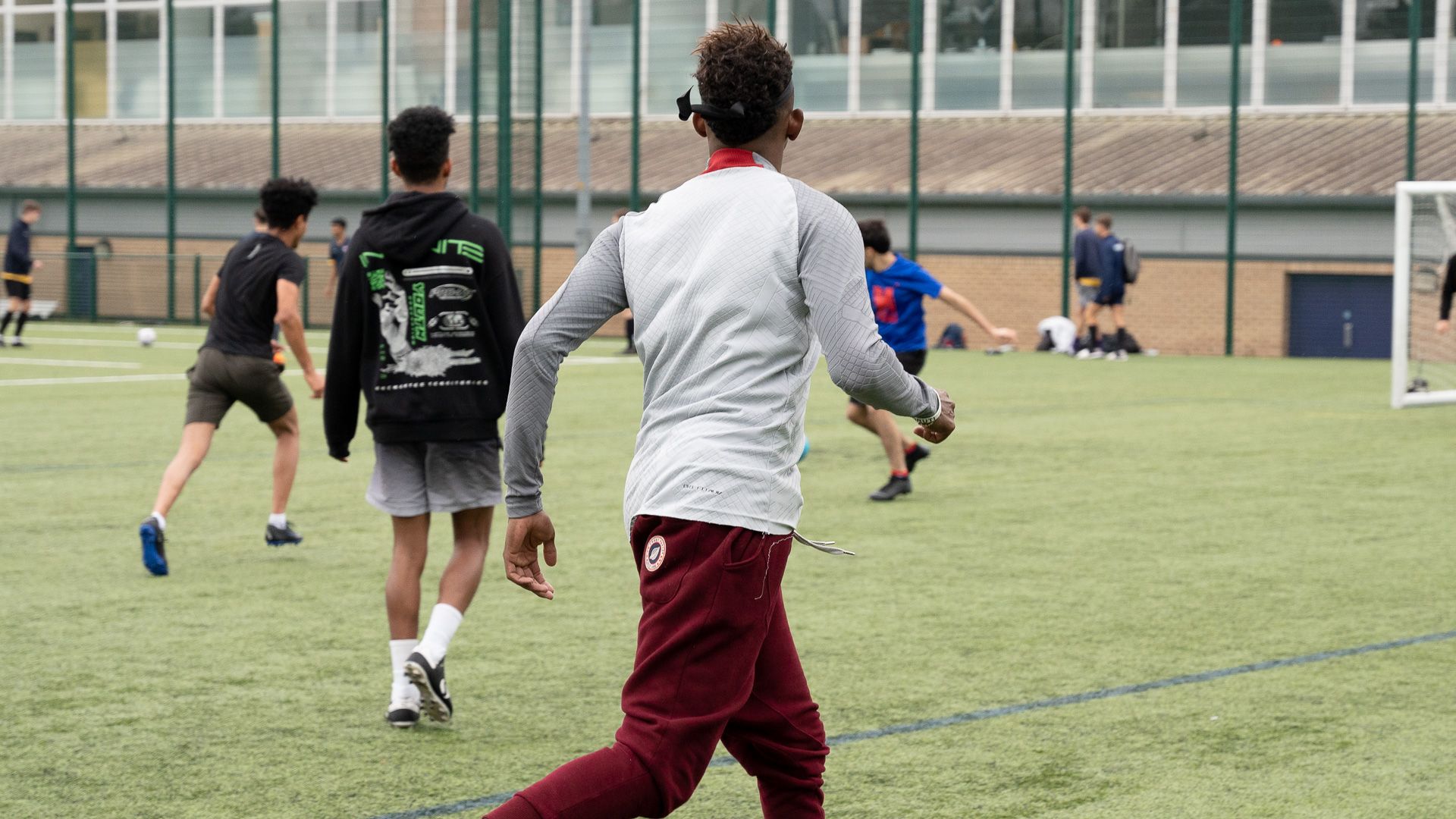Our Work
Theory of Change
Baca's Theory of Change recognises the complex risks separated young people seeking asylum UK face, which can impact their economic independence, physical and emotional wellbeing, safety, education, employment, and social engagement.
Baca's solution includes fulfilling basic needs, providing education and skills, facilitating access to essential services, fostering community support, and offering emotional support. Our holistic approach aims to mitigate the negative consequences of these risks, empowering young asylum seekers to realise their full potential and become thriving, healthy members of their community.
The provision of these activities lead to:
To reduce these risks:
Putting them at risk of:
Leading to:
Which can result in:
This can lead to:
Separated young people arriving in the UK are often traumatised from their journey, from the experiences that initially made them flee and from exploitation that may have occurred through trafficking or other violence.

Separated young people, lacking basic needs and living skills, face risks including physical and emotional health issues, limited education and job prospects, crime exposure, antisocial behaviour, and potential exploitation.

Separated young people often lack the language and communication skills to understand their new environment, culture, and laws, leading to social isolation, emotional distress, limited access to essential services, and potential legal and safety risks.

Unaccompanied young people often lack a supportive community base, hindering positive relationships, access to essential services, and physical and emotional well-being, potentially impacting education, training, and economic independence.

Separated young people, often traumatised from mistreatment and trafficking, struggle to trust adults, build support networks, and develop hope for their future, resulting in poor mental health, and a higher risk of exploitation.